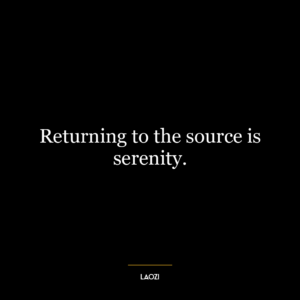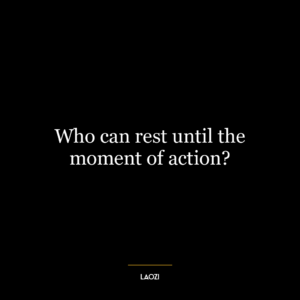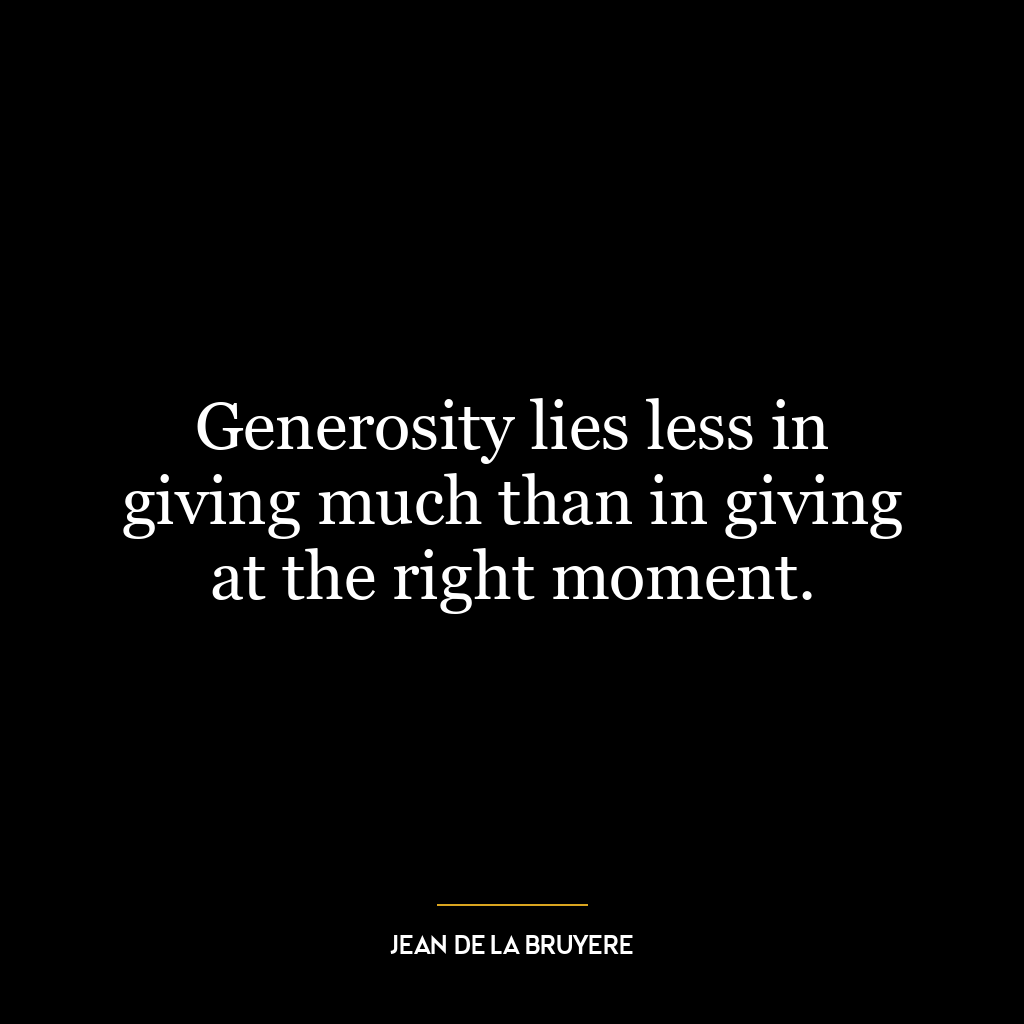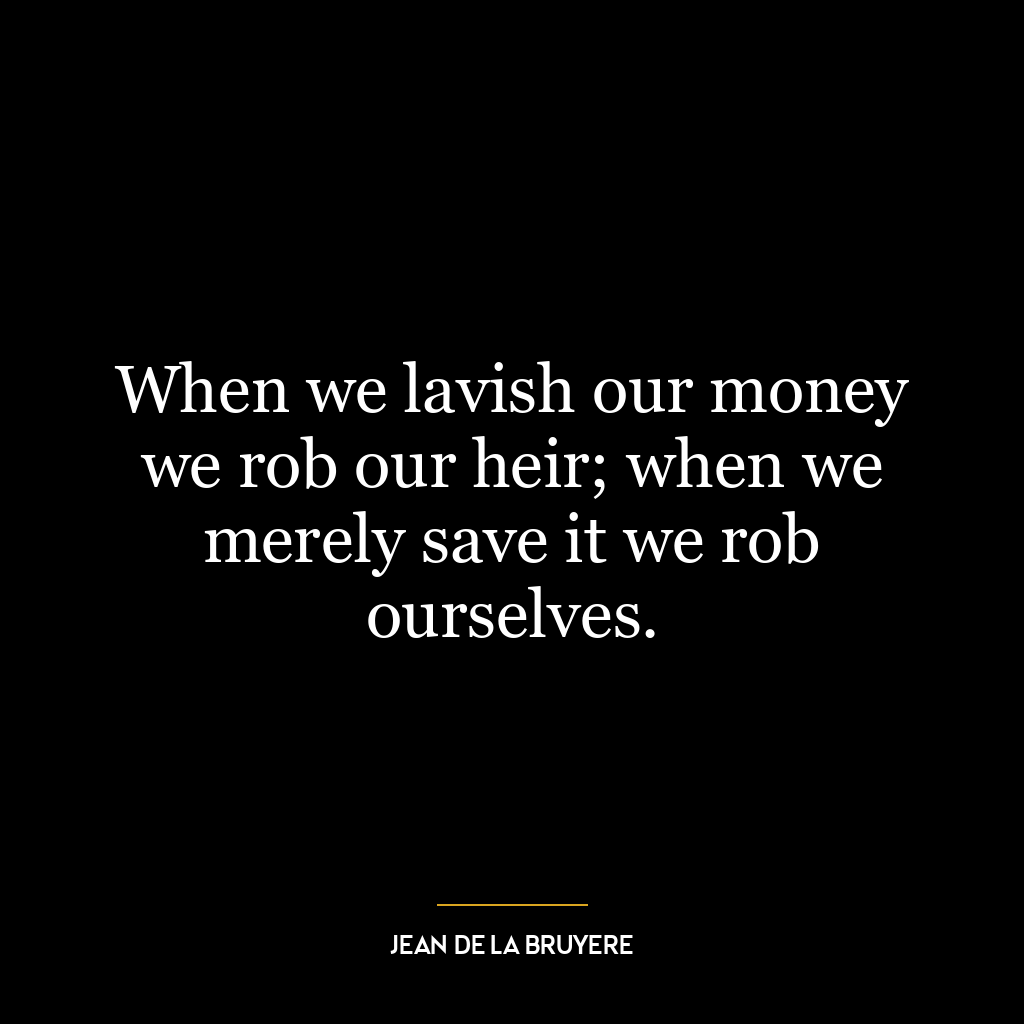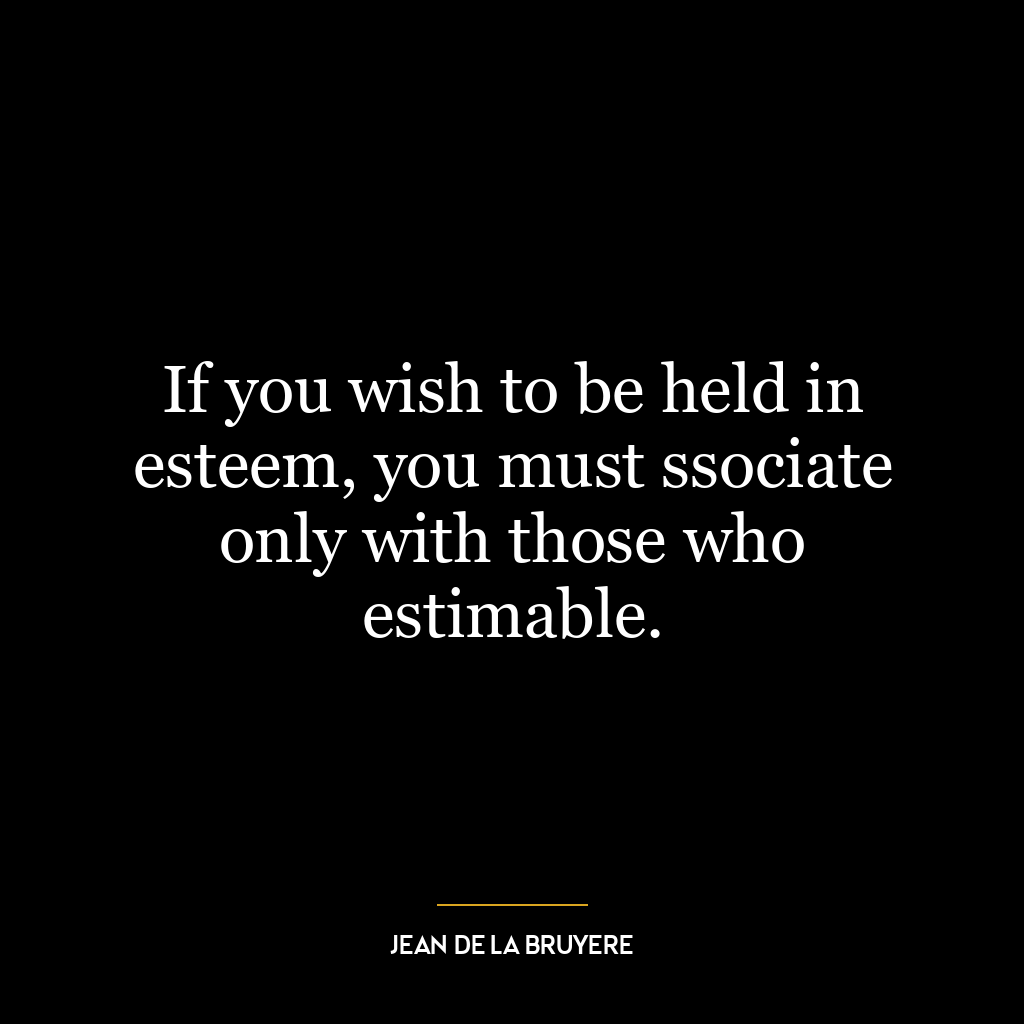This quote from Laozi, a renowned philosopher, is a profound reflection on the virtues of wisdom and humility. It suggests that a wise person, or a ‘sage’, always meets their own obligations and keeps their promises, but does not demand or insist that others do the same. The sage understands that they can control only their own actions and attitudes, not those of others. They choose to act with integrity and honor, regardless of how others behave.
The quote emphasizes the importance of self-responsibility and self-discipline, suggesting that a wise person should focus on fulfilling their own duties and responsibilities, rather than worrying about whether others are meeting theirs. It also suggests a level of humility and forgiveness, as the sage does not demand repayment or retribution when others fail to meet their obligations.
In today’s world, this quote can be applied in various contexts, from personal relationships to professional settings. In personal development, it suggests the importance of focusing on one’s own growth and behavior, rather than comparing oneself to others or blaming others for one’s own shortcomings. It encourages individuals to take responsibility for their own actions, to act with integrity and honor, and to forgive and let go when others do not meet their expectations.
In professional settings, this quote can be a reminder to leaders and managers to focus on their own roles and responsibilities, rather than constantly monitoring and controlling their team members. It suggests that effective leadership involves setting a positive example through one’s own actions, rather than demanding compliance from others.
Overall, this quote from Laozi offers a timeless lesson in wisdom, humility, and personal responsibility. It serves as a reminder that we can control only our own actions and attitudes, and that we should strive to act with integrity and honor, regardless of how others behave.



